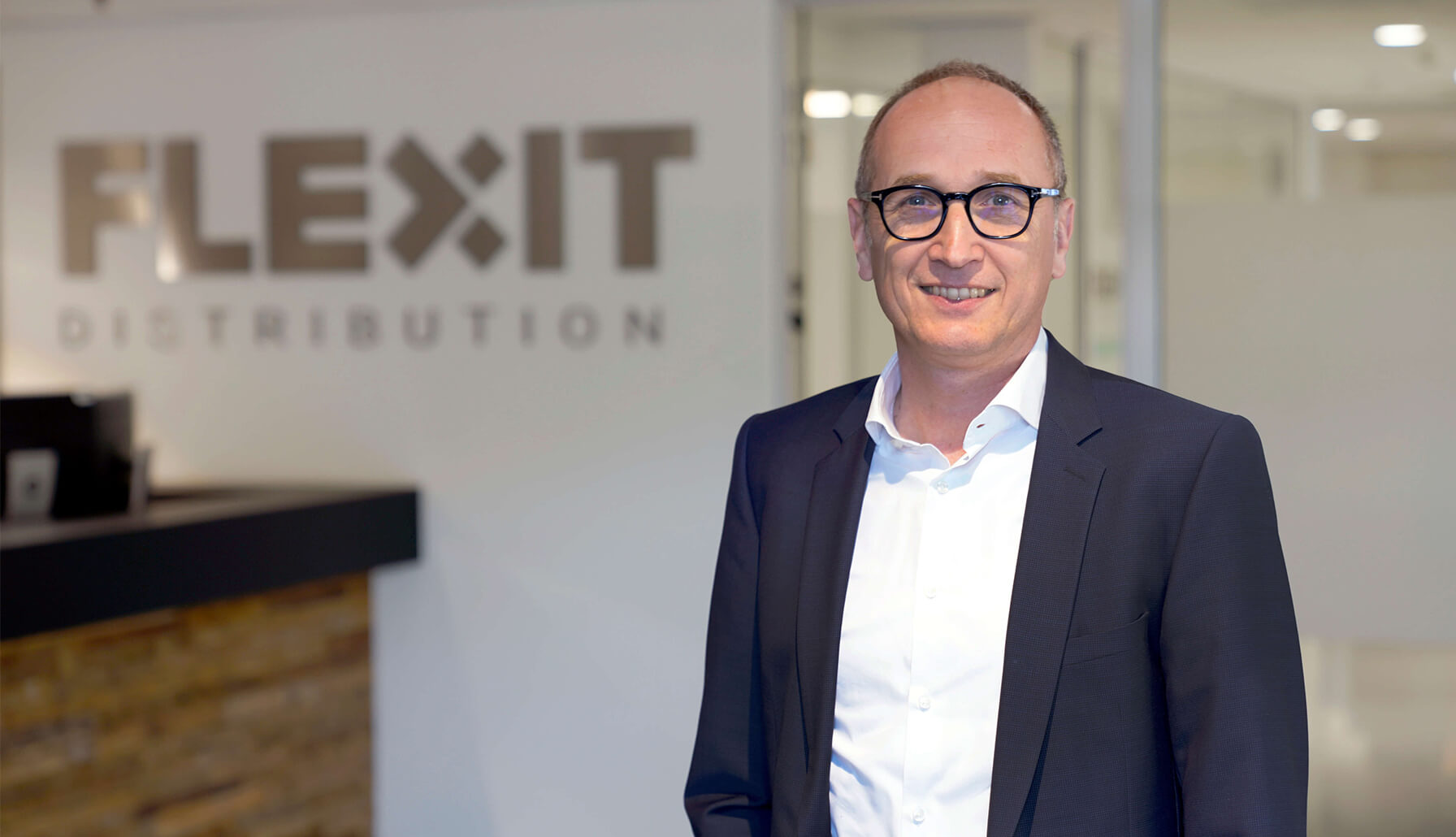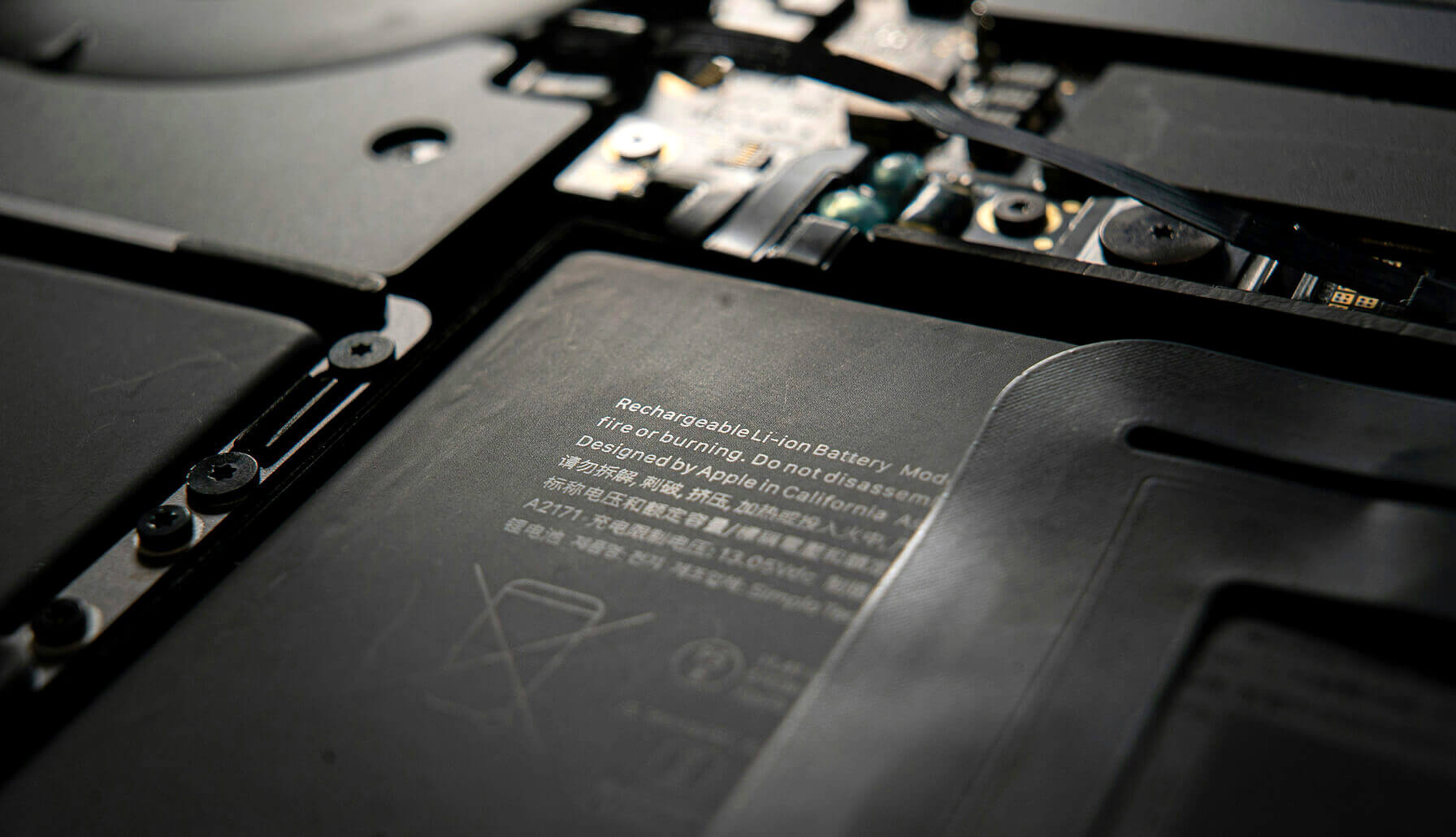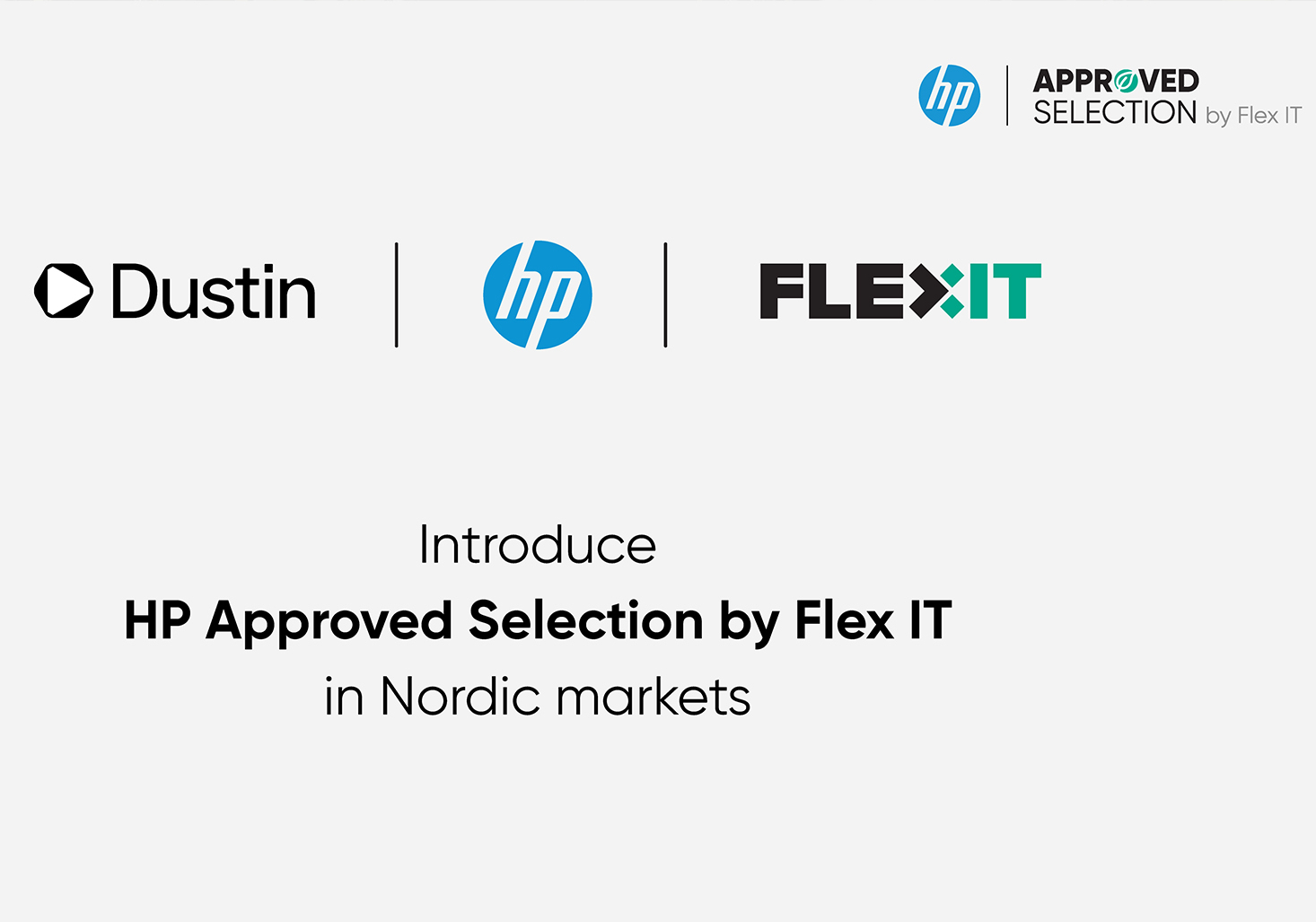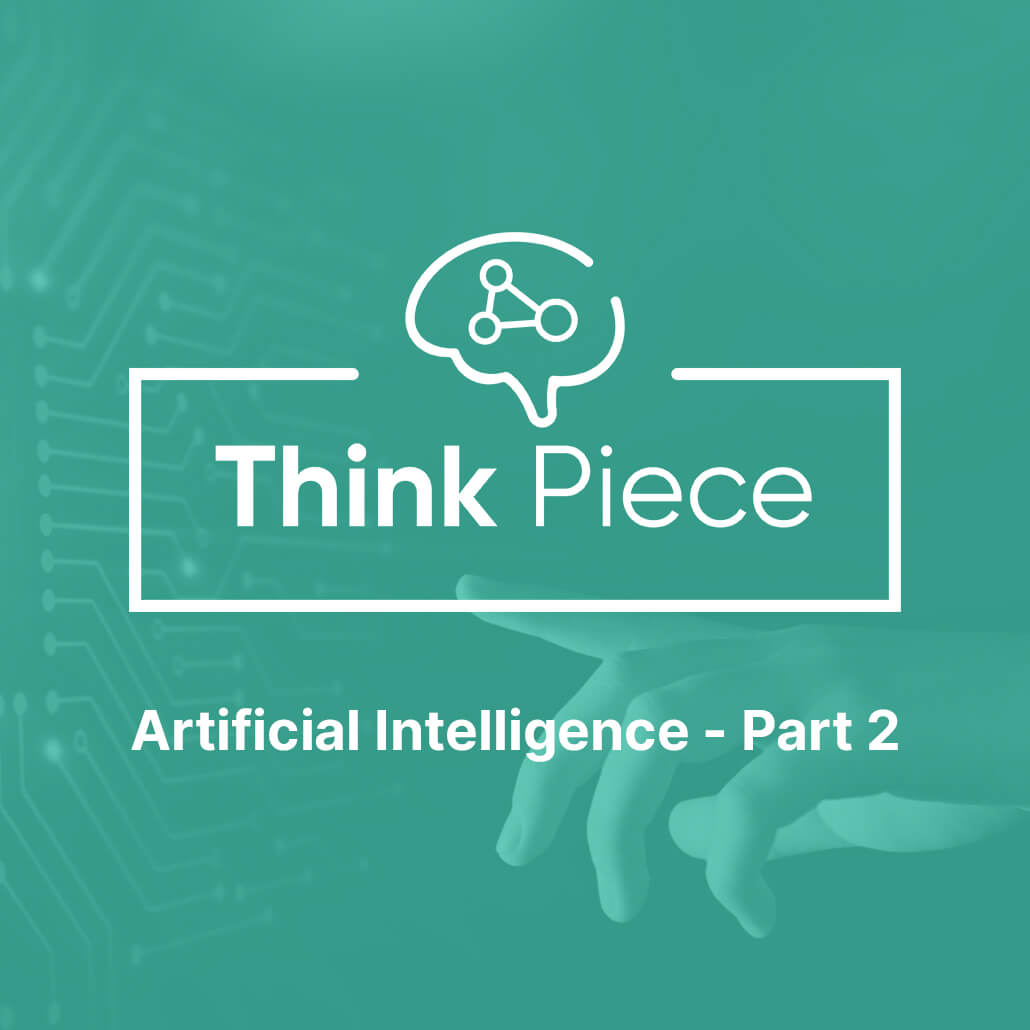Drivers for change towards a more sustainable IT industry
Drivers for change towards a more sustainable IT industry
Recently, I shared my thoughts about the need for some fundamental changes in the IT industry in its transition towards circular IT. In addition to innovation, a stronger focus on the design and production of IT hardware that is built to last, can help organizations to minimize their environmental impact. This also involves using more durable materials and better design practices, as well as providing regular maintenance to ensure the longevity of devices. Furthermore, the implementation of stricter regulations on the production and disposal of IT hardware – including minimum lifespan requirements and comprehensive recycling programs – can help to ensure that waste is properly disposed of.
The rapid growth of the IT industry has had a major impact on the environment, with the increasing production and disposal of electronic devices leading to a significant increase in e-waste. In 2019, approximately 54 million metric tons of e-waste were generated worldwide, with projections showing that this number will increase by around 30 percent by 2030. Fortunately, there are several encouraging developments in the IT hardware market. Some players in our industry are taking a more proactive and comprehensive approach to address the problem of e-waste.
One trend that is particularly interesting, is the development of hardware that is more energy-efficient, including low-power processors, power-efficient storage devices, and energy-efficient networking equipment. Innovations like these can help reduce the energy consumption of IT systems, which can significantly reduce a company’s carbon footprint. Another exciting trend is the emergence of renewable energy sources for data centers. Data centers are a major contributor to global energy consumption and worldwide carbon emissions. To address this issue, some companies are turning to solar and wind power to power their data centers. This not only helps to reduce their carbon footprint but can also provide long-term cost savings.

Renewable energy sources for data centers are emerging
Extending the lifespan of IT hardware
Another relevant trend is the recycling and reuse of hardware. A growing number of companies is looking for ways to extend the lifespan of their hardware and reduce e-waste through refurbishment and repair. This not only helps to reduce the environmental impact of IT hardware production, but can also be a cost-effective way to maintain a company’s IT infrastructure. Finally, I am very excited about the trend towards using more sustainable materials in the production of hardware, such as bioplastics and recycled materials. It is also worth noting that some vendors are taking further steps towards environmentally-friendly packaging. For instance, by utilizing bamboo-based packaging materials instead of polystyrene. This can help reduce the environmental impact of hardware production and disposal. These developments mentioned above, have the potential of making a significant impact on the sustainability of the IT industry and can help reduce the environmental impact of our reliance on technology.
For the last few years, there has been a trend of reducing costs by soldering components directly onto the motherboard. Soldering components directly onto the motherboard can have its benefits. For example: It also allows for a smaller and more compact design, which can be beneficial for portable or space-constrained devices. But considering sustainability, soldering components directly onto the motherboard can have negative impacts. It reduces the ability to upgrade the hardware in the future as new software requirements emerge. In addition, when a single component becomes outdated or malfunctioning, it becomes much more difficult and costly to replace or repair, often resulting in the entire device being discarded and contributing to electronic waste.

Environmentally-friendly packaging can help reduce the environmental impact of IT hardware production and disposal
Adopting a ‘start-up’ mindset
Another way to tackle the issue of e-waste, is to focus on improving the design of electronic devices to make them more durable and longer-lasting, reducing the need for frequent replacements. Moreover, the industry could work on developing more effective recycling and disposal processes, ensuring that e-waste is handled in a safe and responsible manner. For those goals to be achieved, the industry could first address specific areas where problems are most acute. From this perspective, larger corporates can learn valuable lessons from start-ups, known for their ability to identify problems in specific niches and develop solutions to address them. In today’s rapidly changing environment, it is crucial to be agile in order to stay competitive. By adopting a ‘start-up mindset’, companies of all sizes can tap into the creativity and flexibility needed for change and use these qualities to drive innovation and growth. A culture of experimenting and risk-taking, where failure is seen as an opportunity to learn and improve, can contribute to a collaborative environment where employees are encouraged to take risks, challenge the status quo, and generate new ideas. Another key aspect of such a mindset is to focus on customer needs in order to drive innovation and development. By conducting market research and customer surveys, by engaging with customers directly to gather feedback and insights, and by using these data to stimulate product development and business growth.
Ultimately, addressing the issue of e-waste will require a concerted effort from all stakeholders, including manufacturers, consumers, and government agencies. By taking a problem-solving approach and focusing on specific areas where improvements can be made, the IT industry can play a leading role in reducing the environmental impact of e-waste.
Andreas Mayer (55) has more than 25 years of experience in the European IT sector, having worked at IBM, Lenovo and HP, among others. Prior to joining MKCL as Managing Director, Andreas was a Senior Director EMEA at HP in Geneva and worked for more than 14 years in various leadership roles at Lenovo in Germany, France, Belgium and the Netherlands. In his last position, he served as Managing Director Benelux of Lenovo. Andreas was born in Germany, but has lived abroad for more than twenty years. In the last few years, he has lived in The Hague in the Netherlands.







